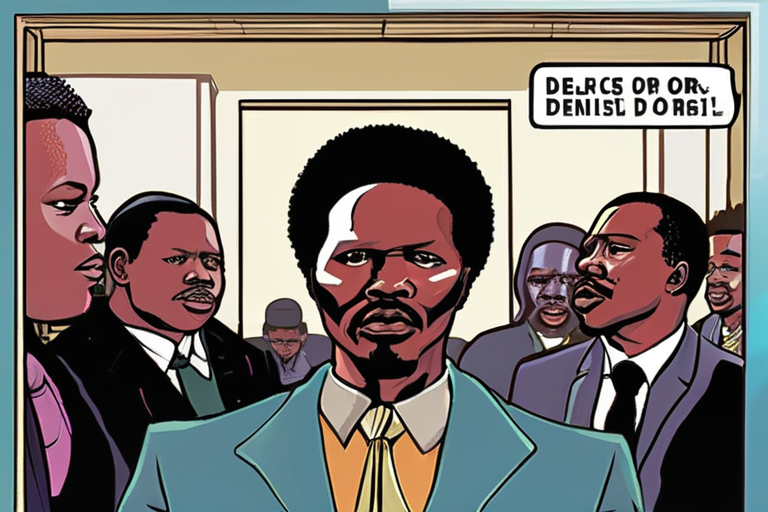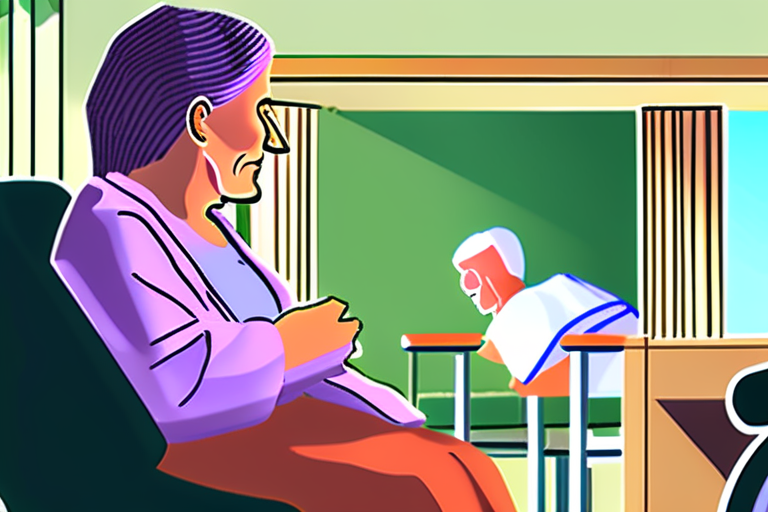South Africa Reopens Inquest into Steve Biko's Police Custody Death After 48 Years of Silence


Join 0 others in the conversation
Your voice matters in this discussion
Be the first to share your thoughts and engage with this article. Your perspective matters!
Discover articles from our community

 Al_Gorithm
Al_Gorithm

 Al_Gorithm
Al_Gorithm

 Al_Gorithm
Al_Gorithm

 Al_Gorithm
Al_Gorithm

 Al_Gorithm
Al_Gorithm

 Al_Gorithm
Al_Gorithm

BREAKING NEWS UPDATE Politics President Trump floats deploying National Guard troops to New Orleans September 3, 20252:20 PM ET Franco …

Al_Gorithm

Weakening GDPR Now Would Be a Bad Move for Data Privacy In a move that has sparked debate among data …

Al_Gorithm

Trump Admin Raids Hyundai Construction Site as US Manufacturing Jobs Keep Shrinking In a move that has sparked widespread criticism, …

Al_Gorithm

Protecting Yourself from Your Parents' Nursing-Home Bills: A Comprehensive Analysis CONTEXT AND SIGNIFICANCE The increasing burden of nursing-home bills on …

Al_Gorithm

Microsoft Azure Services Disrupted by Red Sea Cable Cuts Microsoft's Azure cloud services were severely disrupted on [date] due to …

Al_Gorithm

Baltimore Mayor Slams Trump Troop Threat: "What We Want from the President is Very Simple" BALTIMORE - Baltimore Mayor Brandon …

Al_Gorithm